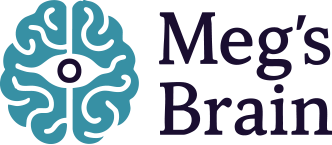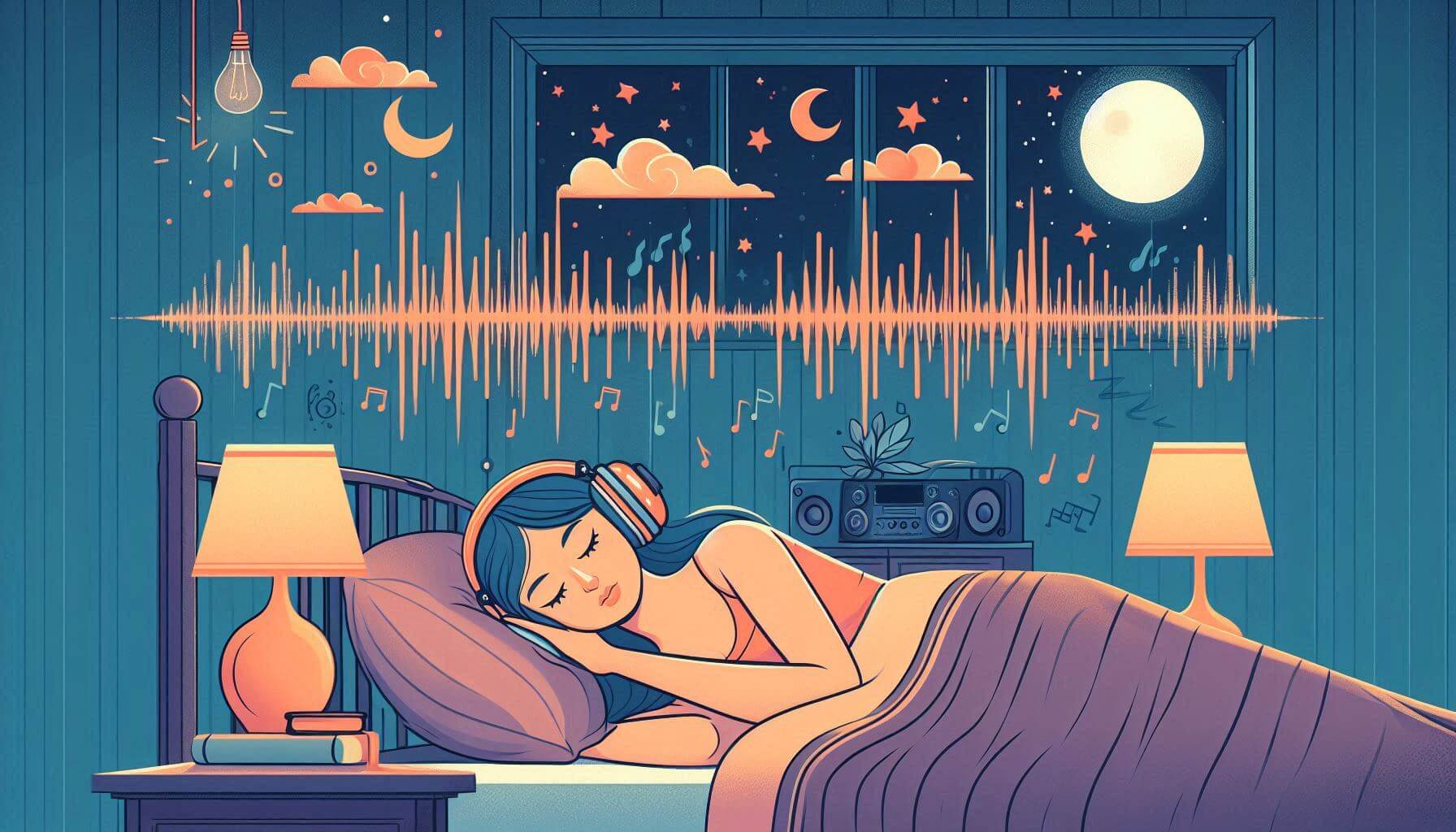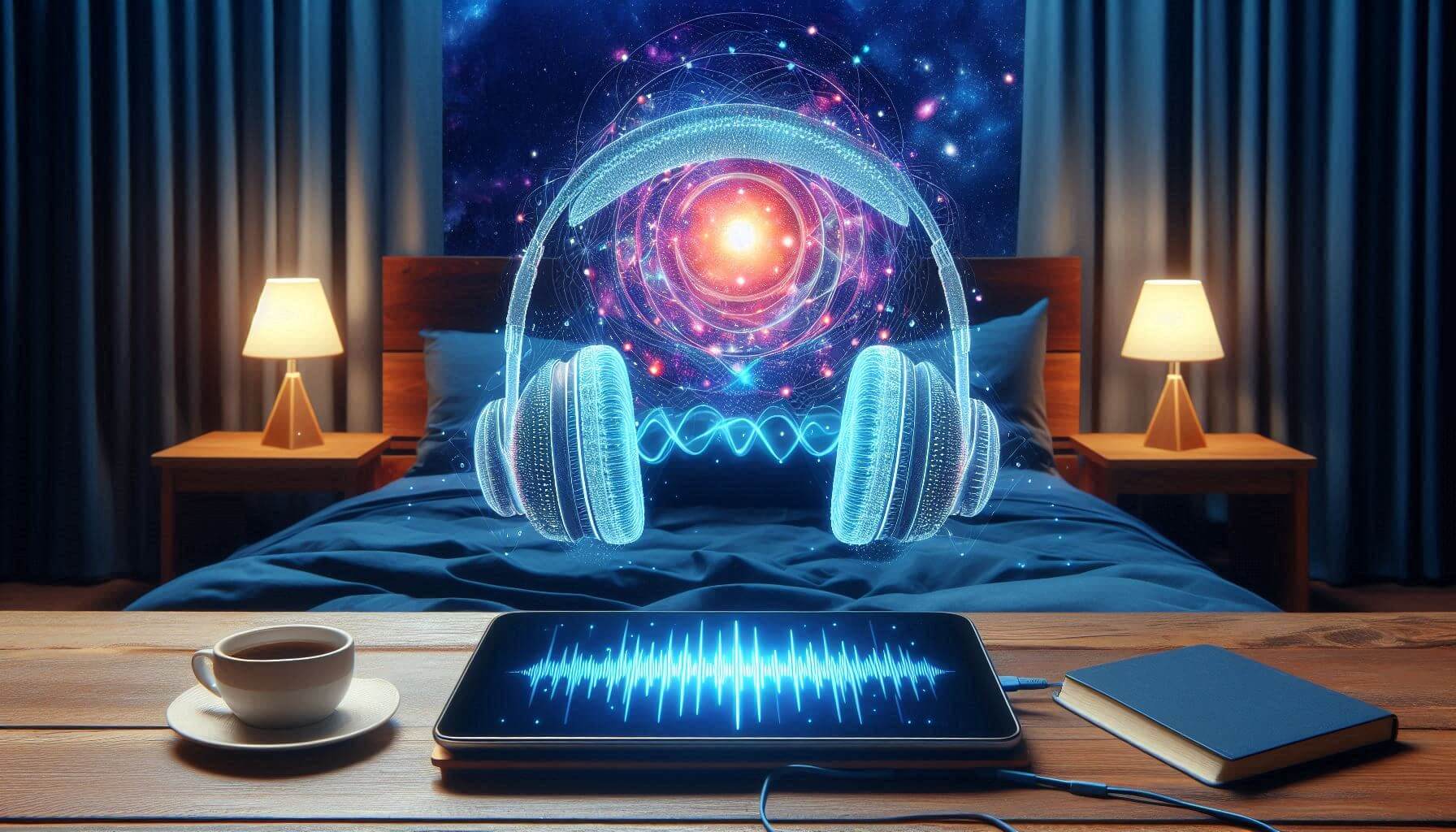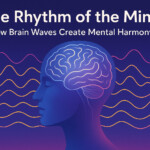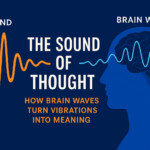Now Reading: Binaural Beats and Sleep: The Science of Sound to Relax the Brain
- 01
Binaural Beats and Sleep: The Science of Sound to Relax the Brain
Binaural Beats and Sleep: The Science of Sound to Relax the Brain

For most of us, music is a leisure time activity; but what if sound could transform the way your brain functions at night? Through binaural beats and sleep research, we now know that specific audio frequencies can help your brain slow and relax on-demand — without the use of more medications, supplements or complex rituals.
What Exactly Are Binaural Beats?
The brain doesn’t perceive two sounds when you hear two slightly different frequencies, one in each ear (200 vibrations a second in the left ear, say, and 210 in the right). Instead, it hears a rhythmic beat — the discrepancy between them. That’s the binaural beat.
Scientists also found that such beats could synchronize the electrical activity in the brain, a phenomenon known as entrainment. Here are the various brainwave ranges and the states of mind that identify with them:
Beta (14–30 Hz): Alertness, focus
Alpha (8–13 Hz): Relaxation, meditation (usually transient from 10-15 Exceeding 15 on an EEG while awake is called alpha constituting abnormality)
Theta (4–8 Hz): Sleeping, creativity, daydreaming
Delta (0.5–4 Hz): Deep, restorative sleep
For improved sleep, binaural beats are engineered to move your brain into the states associated with sleep and rest, theta and delta waves.
The Science: Can Sound Actually Improve Your Sleep?
Numerous studies suggest yes. Researchers have found that:
It also promotes falling asleep faster to delta binaural beats.
Theta waves induce a sense of deep meditation and peace, which make them very relaxing for your body to prepare itself for sleep.
Sleep becomes more restful when somebody gets transferred regularly into deeper brainwave spectra.
In other words: Binaural beats are a shortcut to the natural rhythms you already use when you fall asleep.
👉 Discover the sounds-power for yourself and test GENIUS WAVE!
Why Pick Binaural Beats Instead of Sleeping Pills?
Non-invasive: No drugs, no pills and, because there are no side effects.
Natural alignment: Aligns with your brain’s natural tendencies.
What you need: Nothing but a pair of headphones and the correct audio.
Longer-term benefits: It enhances not only sleep but mood, memory and focus over time.
How to Get Started
Use quality headphones.
Listen to a delta or theta binaural track the last 30 minutes before bedtime.
Keep the volume low — only loud enough for your brain to pick up the sound frequencies.
Add in some baseline sleep hygiene (dark room, no screens).
Final Thought
Sleep is not just a matter of closing your eyes; it’s about guiding your brain into the right state. Binaural beats offer one way to do just that in a scientifically proven way.
👉 Experience the sounds-power yourself with GENIUS WAVE.
If you’ve been running after better sleep with no success, sound-based relaxation might be the thing.
👉 Related read: Discover the Hidden Link Between Brainwaves and Daily Performance for more insights on brainwave focus and mental clarity.
